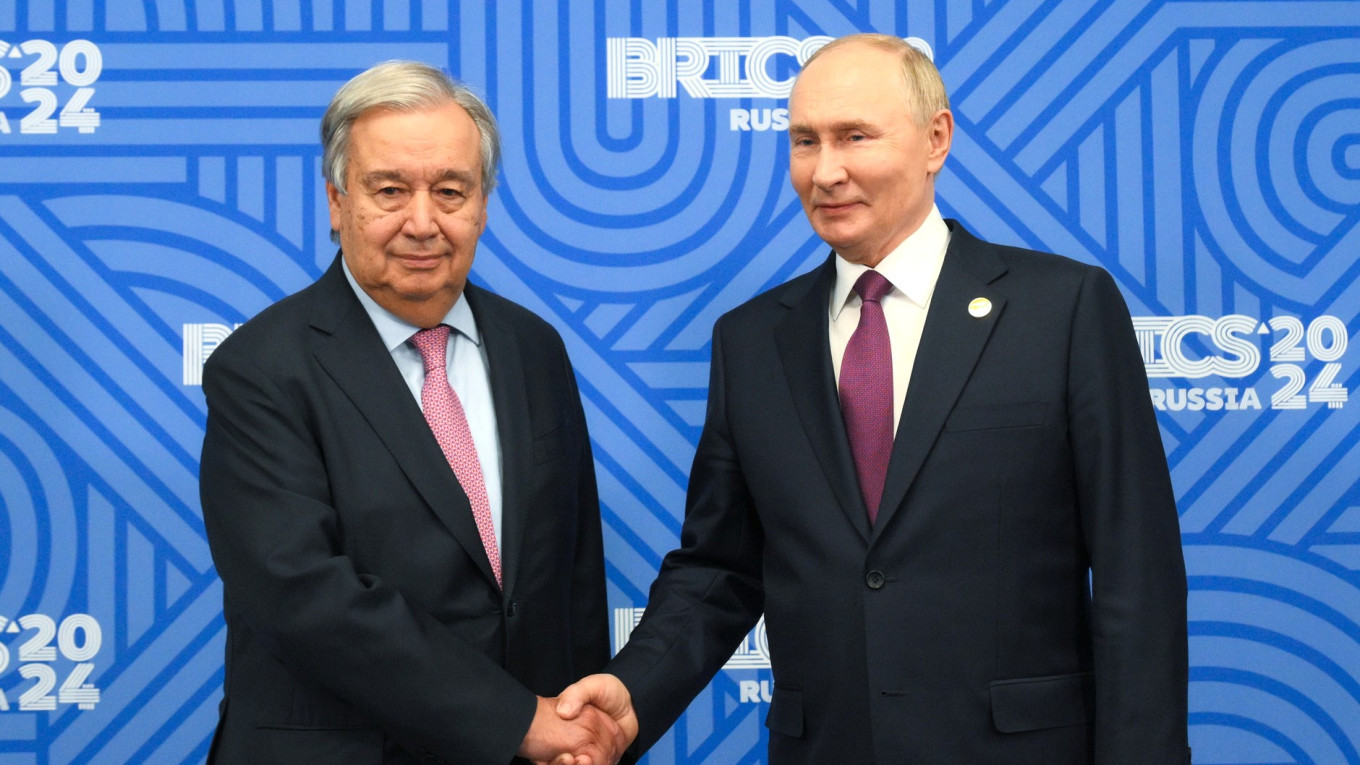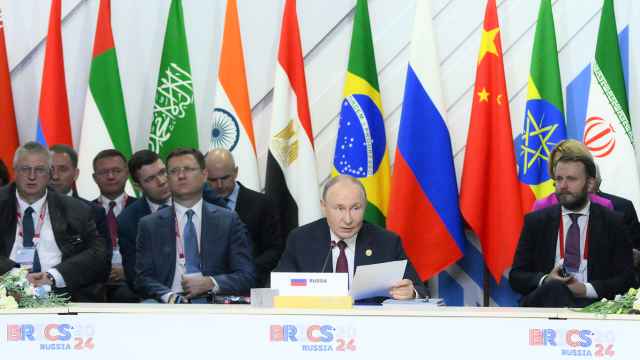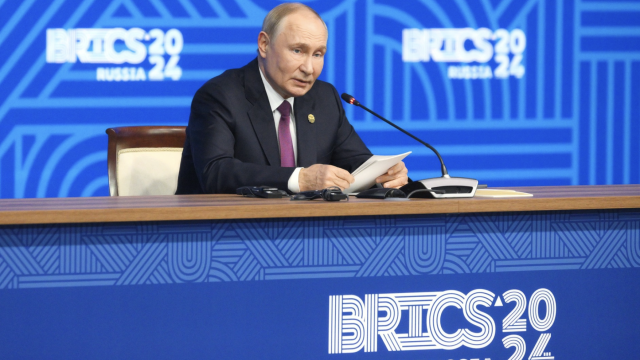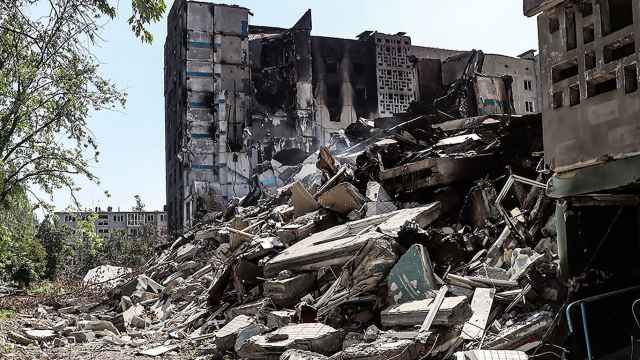UN Secretary-General António Guterres has been criticized for visiting the BRICS summit in the Russian city of Kazan. Critics, including some who call themselves experts in international relations, unanimously condemned him for shaking hands with President Vladimir Putin, for almost approving his aggression against Ukraine, and demanded that he take a clear position - of course, one that fully coincides with their own.
Obviously, not every critic has a good understanding of what the UN Secretary-General is and should do. His main task, in addition to leading the UN Secretariat, is to assist all member states in finding mutually acceptable solutions to all issues. Therefore, the UN Secretary-General is a universal international mediator. Guterres, like his predecessors, takes this function seriously and tries – to the best of his ability and understanding – to fulfill it.
In our righteous anger, we should not forget that despite the condemnation of Russia's aggression against Ukraine Russia remains a member of the United Nations, a permanent member of the Security Council. No matter how much so-called political analysts would like it to be so, it is impossible to deprive Russia of this status by legal means.
The UN Secretary-General cannot take a position on one side of a conflict against the other. Doing so would mean that the UN apparatus is politically biased and does not work for the entire Organization and all of its members –, as it should according to the Charter – but only for some part of it. Such a step is fraught with the most negative development of events within the UN, which is already seriously polarized, something that Secretary-General Guterres, of course, seeks to avoid exacerbating at all costs.
It is extremely difficult to mediate between countries that are not ready for dialog, especially if one believes that conversation is possible only after the complete destruction of the other country. This approach of warring parties does not in itself imply any mediation.
However, if the UN Secretary-General says that mediation is impossible while the war is being fought he would face a barrage of justified criticism for not doing his (very well-paid) job. With the international community sharply divided, the UN Secretary-General is in the firing line. He is expected to pursue peace and mediation and is criticized for lack of progress when this is objectively unattainable. Therefore, like any other official, the Secretary-General can choose one of only two options: he can work or, if that is impossible, create the appearance that he is doing something.
But why did Guterres not go to the so-called peace summit in Switzerland this June? The reason is simple. If he had, he would have had to support the proposals of Ukraine and Western countries, which would have immediately put him on the side of one camp.
Russia would then immediately declare that it would no longer do business with the UN Secretary-General because he is biased.
Such accusations were directed at Switzerland, which has long been considered a universal intermediary due to its neutrality. But by joining the West in leveling sanctions against Russia, it has lost that status in Moscow's eyes.
But despite this Guterres accepted an invitation to attend the BRICS summit. Why?
It was important for him to meet with Putin and other BRICS leaders as well as leaders of the so-called Global South to raise the topic of the war and try to understand how to reach a peaceful settlement.
It is worth taking a closer look at Guterres’ motives and background to reach a fuller understanding. He is a Western European who emerged as a politician of the European left in the second half of the twentieth century when Europe was finally convinced that peace was the natural state of man and that war was something unnatural and unrealistic.
That is why many Western Europeans are incapable of imagining that at the beginning of the twenty-first century statesmen could behave like it is the 1800s, dreaming of territorial acquisitions, restoring empires and so on. They believe that everyone wants peace and no one wants war. It seems to them as if Putin doesn't want war either. In fact, he wants peace too. There are just some underlying reasons for his aggression. They must be understood and forgiven. That way, surely everyone will come to an agreement.
This way of thinking, generated by thoughtlessly projecting the Western worldview onto Putin's and reinforced by a lack of professional expertise on Russia, is what prompts Western politicians to demand to an agreement with Russia and, perhaps, make concessions so that there will be peace. The West categorically does not want to fight for peace. Under the most charitable interpretation, it is at least not pretending that it is ready for such a development. Instead of preparing for war in the pursuit of peace, their language sounds like it is better to sit still and hope nothing bad will happen.
As the Bible says, there is a time to scatter stones and a time to gather stones – a time for hostility and a time for friendship. Now is the time to scatter stones and scatter the ugly foundations of the crazy state Putin has built so other people can construct something more decent. Then it will be time for talk and diplomacy.
But such an understanding requires a new generation of politicians. Politicians who are capable of backing up their words with deeds.
A Message from The Moscow Times:
Dear readers,
We are facing unprecedented challenges. Russia's Prosecutor General's Office has designated The Moscow Times as an "undesirable" organization, criminalizing our work and putting our staff at risk of prosecution. This follows our earlier unjust labeling as a "foreign agent."
These actions are direct attempts to silence independent journalism in Russia. The authorities claim our work "discredits the decisions of the Russian leadership." We see things differently: we strive to provide accurate, unbiased reporting on Russia.
We, the journalists of The Moscow Times, refuse to be silenced. But to continue our work, we need your help.
Your support, no matter how small, makes a world of difference. If you can, please support us monthly starting from just $2. It's quick to set up, and every contribution makes a significant impact.
By supporting The Moscow Times, you're defending open, independent journalism in the face of repression. Thank you for standing with us.
Remind me later.








